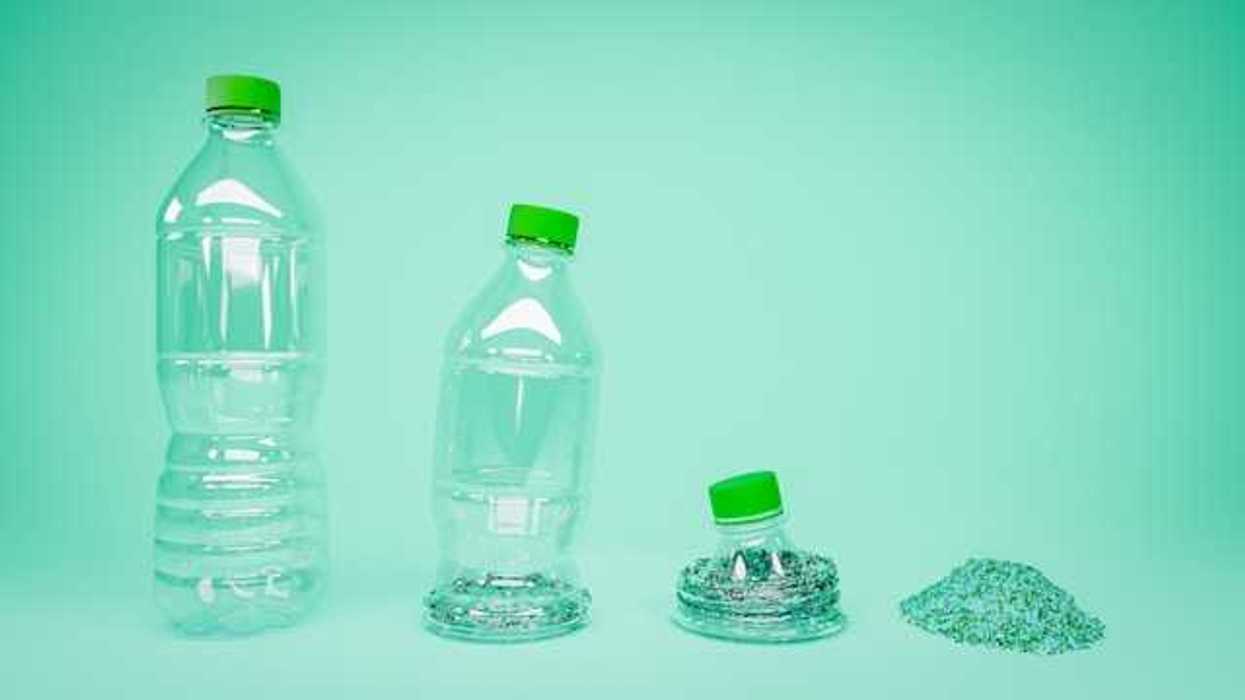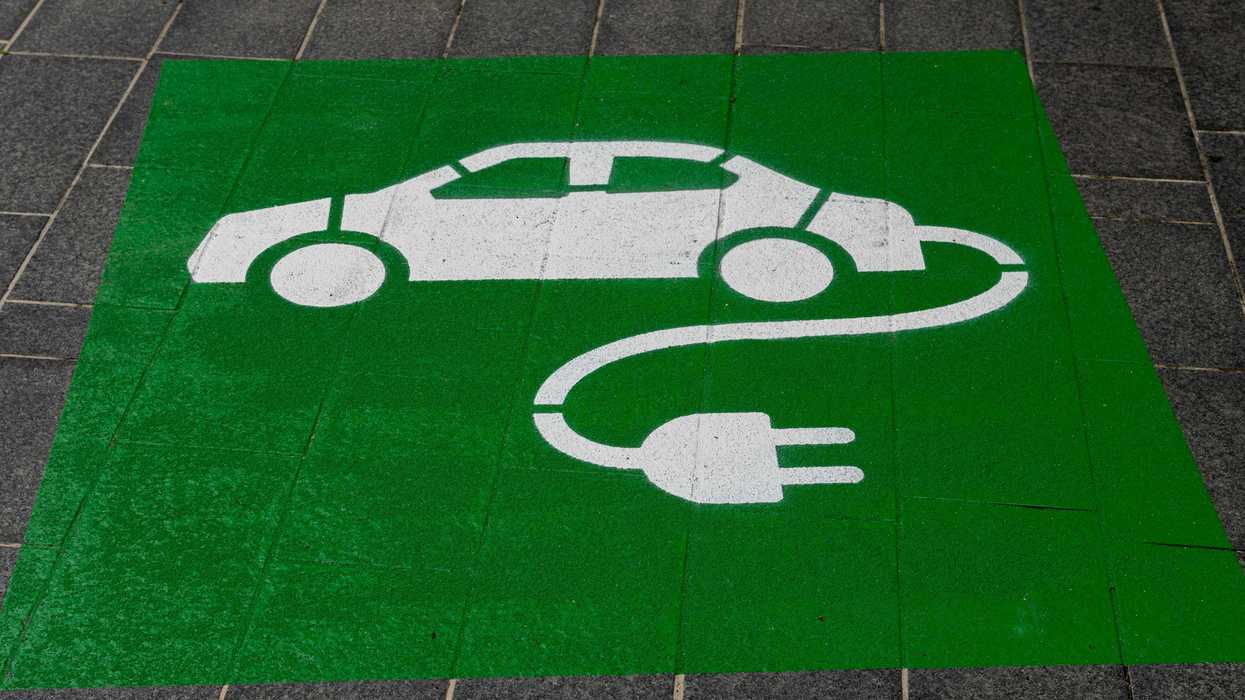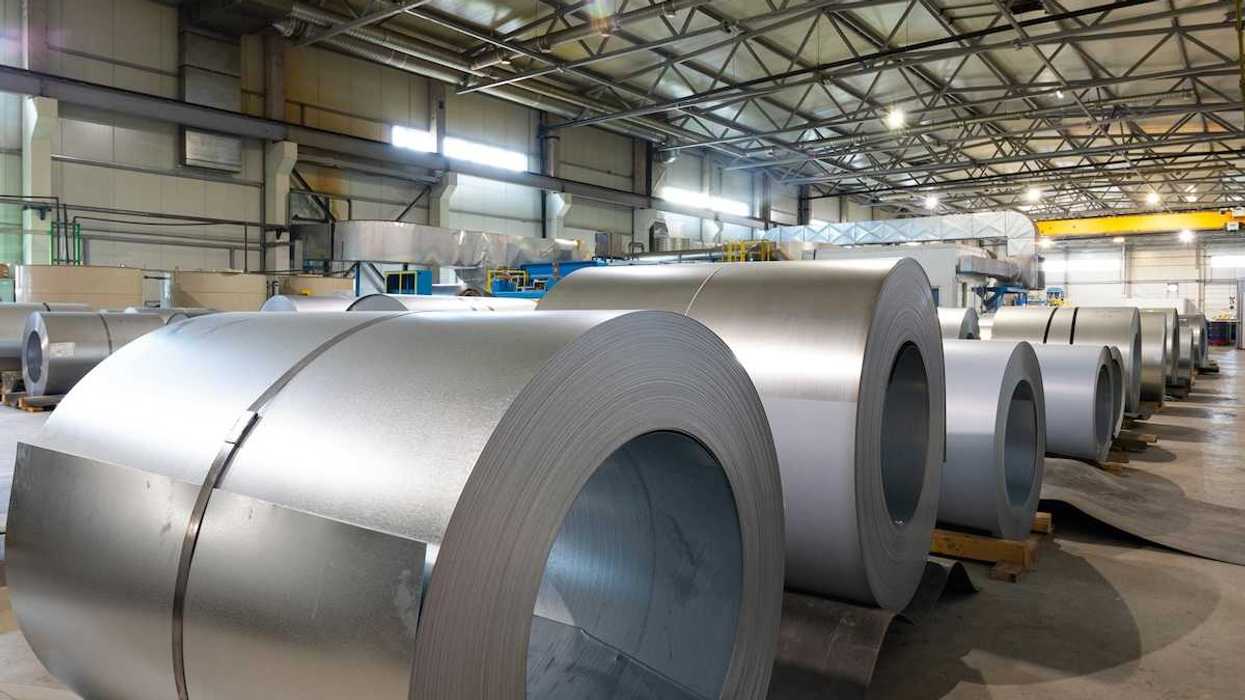Surfers and swimmers are increasingly turning to eco-friendly wetsuits as the environmental and health impacts of traditional neoprene become more apparent.
Anna Turns reports for The Guardian.
In short:
- Neoprene, made from toxic chemicals like chloroprene, poses significant health risks and is difficult to recycle.
- Filmmakers Chris Nelson and Lewis Arnold highlight the health impacts of chloroprene in their documentary, The Big Sea.
- Brands like Patagonia and Finisterre are leading the shift to plant-based alternatives such as Yulex rubber.
Key quote:
"With increasing awareness about where our materials come from, everything from our wetsuits to our boards, I think there will be a market transformation."
— Giles Bristow, chief executive of Surfers Against Sewage
Why this matters:
Switching to eco-friendly wetsuits reduces exposure to harmful chemicals and promotes sustainable practices in the surf industry, addressing both environmental and health concerns. Read more: The chemical BPA is widespread on beaches around the world.














